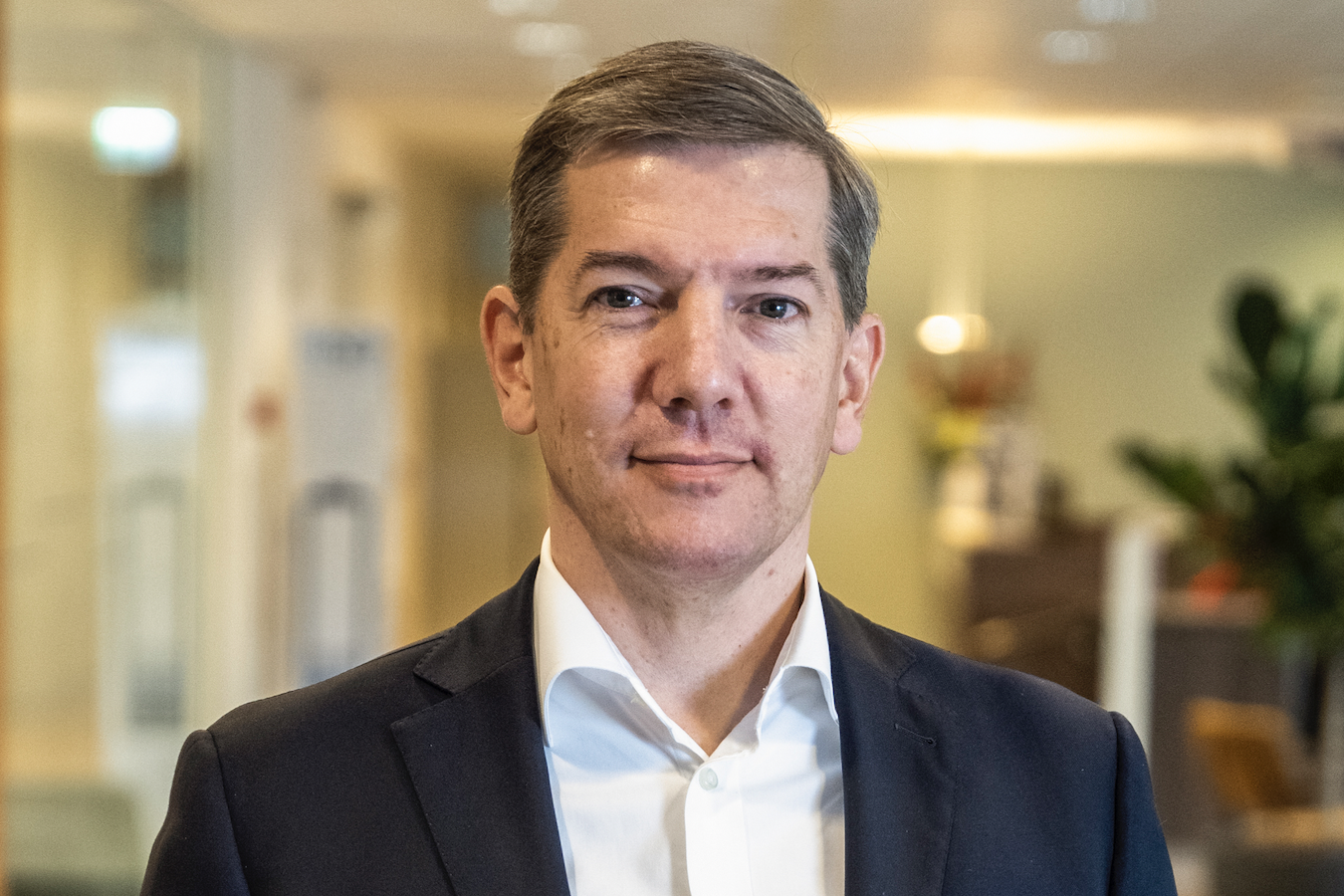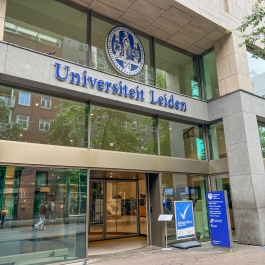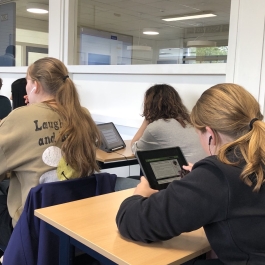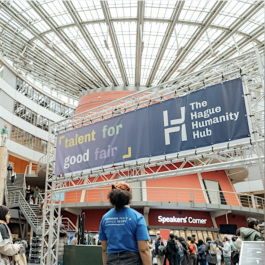'Cybersecurity Talent: 1+1 Adds Up to About 1,83'

Our society is getting more and more digitised. To make sure it is also secure, partners within the Dutch security cluster HSD collaborate on innovative solutions and share their knowledge in this field. Because digital security is complex, it also requires a multitude of talents. The demand for cybersecurity talent is higher than the supply, and it has been for years. “This is threatening the security of our society and is limiting opportunities for businesses to grow”, says Mark Ruijsendaal, Innovation Liaison at Security Delta (HSD). “The problem is both broadening and deepening”.
The fact that organisations are having trouble filling their vacancies is not just because of a lack of talent on the market, according to Ruijsendaal. "Employers and educators can and should do more to get newcomers interested in the security domain, as the current market is immature in his eyes. This can be seen, for example, in job openings and training offers”, Ruijsendaal explains. “Think of unrealistic demands by employers, job titles that are all over the place, and the fact there are over 500 certifications to choose from. Situations like that can make the field very unattractive to newcomers or students that are exploring their options.”
Mark Ruijsendaal: “Cybersecurity as a theme is getting more and more attention, it has become part of the daily news and attention for it is growing. The perception of the work is changing in a positive way as well, with impactful jobs and often seen as excellent career choice. But for now, 1+1 is far from adding up to 3."
The Human Capital Agenda
“Cybersecurity is defined differently by different people, and it changes over time. It is not measured in a standardized uniform way either, making it an ill-defined problem that is hard to grasp and keep track of”, Ruijsendaal says. “At the same time, more and more sectors and businesses have cybersecurity on their agenda and related tasks must be incorporated in cybersecurity- and other functions. This broadens the mismatch. Threats and IT-dependencies grow as well, which results in a plethora of specialists deepening the mismatch.”
“As security cluster we want to help solving this mismatch. Therefor we have developed a Human Capital Agenda Security, including concrete actions and programmes". The first agenda was formed with about 20 partners for the period 2016-2018, focusing mostly on cybersecurity in the South-Holland regional labour market. The current HCA is for the period 2019-2022, constructed with 40+ partners with a national and broader security focus. At this moment we are developing the agenda for 2023-2026. It is aimed at delivering even more impact by coordinating and cooperating with individual, local, regional, sectoral, national, and international initiatives and organisations.
SecurityTalent.nl
One of the continued actions from the Human Capital Agenda’s is the website SecurityTalent.nl. It brings together supply and demand when it comes to talent and jobs. “Here you can find a clear job board where employers and employees can offer vacancies and find job opportunities respectively. Security Talent does not only offer vacancies, but also gives insight in current courses, trainings and related events for students and professionals”.
Furthermore, the portal offers instruments for employers such as labour market analyses and job profiles. Security Talent has already proven to be a unique source of information for labour market analysts, education developers and policy makers. In addition, the latest news on human capital within the security domain, as well as interviews with talents active in the domain are shared here. Lastly, the platform offers a Career Navigator. This navigator gives insight into potential career opportunities in the security domain by visualising the possible career pathways one could take, as well as job profiles, current openings and supporting education in one dynamic tool.
International Cyber Security Summer School
HSD also works to bridge this gap through hands-on events. Each year in August, the cluster organises the International Cyber Security Summer School (ICSSS) as part of its Human Capital activities. This is done in close collaboration with NATO’s NCI Agency, Europol, Leiden University and many other HSD partners. A multiple-day event with one important goal: to prepare upcoming talent for a career in cyber security.
During this week, 60 students and young professionals broaden their cybersecurity knowledge and get a chance to partake in a wide array of lectures and challenges on the most current issues and topics in the field of cybersecurity. The programme is filled with interesting lectures by renowned experts, insiders’ perspectives, group assignments, and fun social activities including company visits and excursions.
If you’re interested in learning more about the ICSSS, read our interview with Marlou Snelders, who coordinated this 7th edition of the summer school.
Cyber Security Werkt
Another instrument in combating the mismatch between supply and demand is CyberSecurityWerkt.nl, a website HSD launched specifically to structure opportunities for retraining and side-entrants who would like to move their careers towards cybersecurity but are overwhelmed by the field. The website helps people, also those who have a completely different background, that are interested in a cybersecurity career and don’t know where to start.
It offers some knowledge about cybersecurity, an overview of different starting fields of work in cybersecurity, a career test based on your work- and educational background, and an overview of relevant vacancies for starters in cybersecurity.
Mark Ruijsendaal: “Attracting people from other backgrounds is a real challenge, so we launched this platform to help ease them into the field. We welcome employers and educational offerings open to this group. Increasing the talent pool is one of our most important missions”.
Next steps
To map the real situation of supply and demand in the job market, a new study is being carried out, that will be part of the Human Capital Agenda 2023-2026. When asked about the future of the security domain, Ruijsendaal says he sees a lot of potential in the public as well as the private domain, and specifically collaboration between the two, for example by sharing information. “The educational field, as well as businesses and organisations such as HSD need to work together with the government to advance our field”, he concludes.
Mark Ruijsendaal also spoke at the ONE Conference 2022 where he addressed the crowd on skill shortages within the cybersecurity domain, and what we can do to address the underlying challenges. The video recording has been made available here.
Click here to learn more about Security Delta (HSD)’s Human Capital Agenda.




